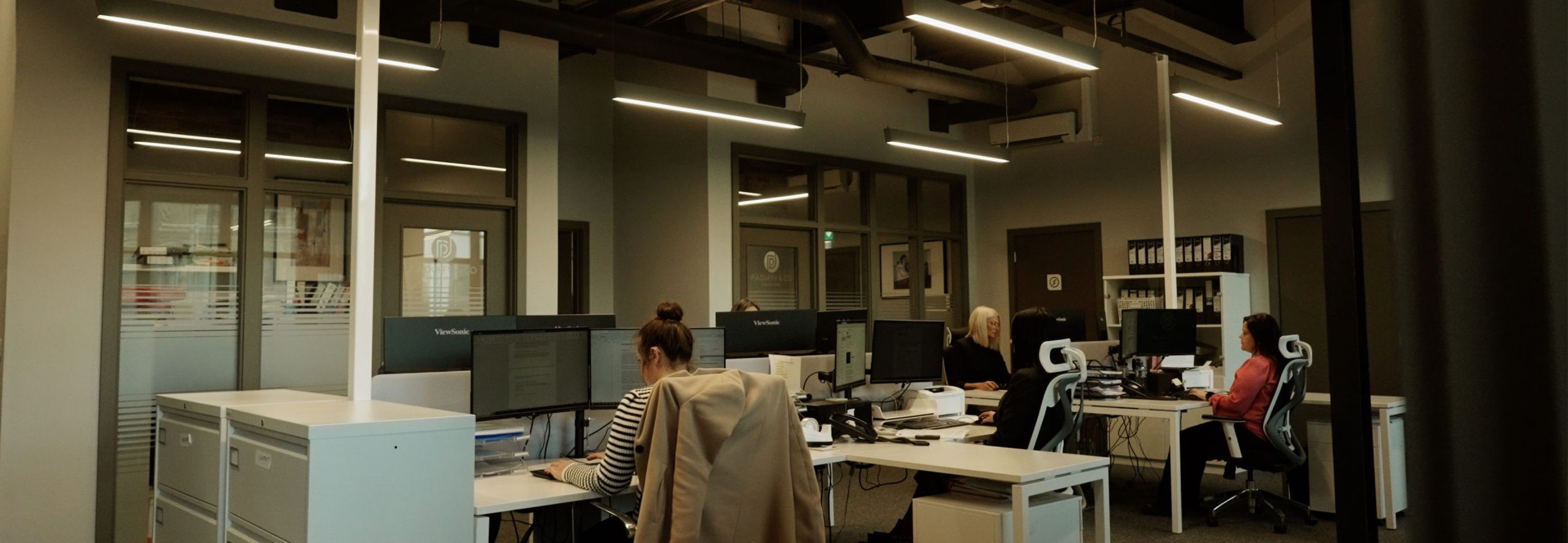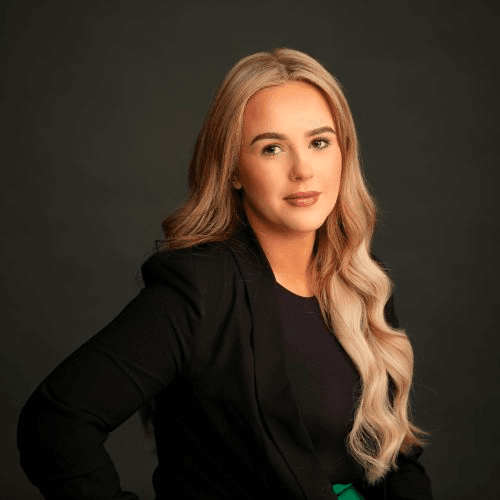P.A Duffy & Co Medical Negligence Compensation Solicitors
At P.A Duffy & Co Solicitors Dungannon, our medical negligence solicitors can represent you in bringing a claim for compensation for your injuries. We have extensive experience in securing damages payments for clients with a wide range of injuries, from relatively minor to severe damage and life-changing trauma.
Our team has an excellent track record of success in securing the best possible level of damages as well as a strong understanding of both the law in this area and how to take on large insurance companies and win.
We represent clients in a full range of medical negligence compensation claims, including:
Surgery claims
General Practitioner or GP claims
Delayed treatment claims
Gynaecological claims
Accident and Emergency claims
Why Choose PA Duffy Solicitors for Medical Negligence Claims?
We know how daunting it is to bring a legal case when you are recovering from trauma and injuries. Our medical negligence solicitors Belfast understand this and we will do all we can to assist you throughout your time with us.
Our experience means that we are often able to secure a settlement out of court so that you do not have to attend a hearing. If litigation is necessary, we will make sure that you are thoroughly prepared beforehand and that you have an expert medical negligence advocate speaking on your behalf in court.
“I can’t thank everyone at PA Duffy enough for helping me win my case. Conal has devoted significant time and effort to helping me recover damages for medical negligence. I have been highly impressed by the manner in which he conducted my claim and would certainly recommend his services to anyone in a similar position.”
“I am extremely grateful to Conal and his medical negligence team for the way in which they handled my case. Conal’s expertise and work ethic has helped me to secure a settlement that has far exceeded any expectations I had. I want to thank Conal in particular for his persistence with my case, his commitment and professionalism have been top class.”
Our Medical Negligence Solicitors
Our team of medical negligence specialists work in both Northern Ireland and Ireland, providing advice and representation across a wide range of claims.
















